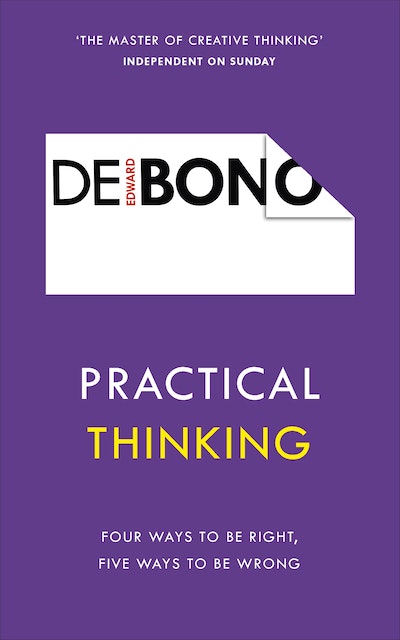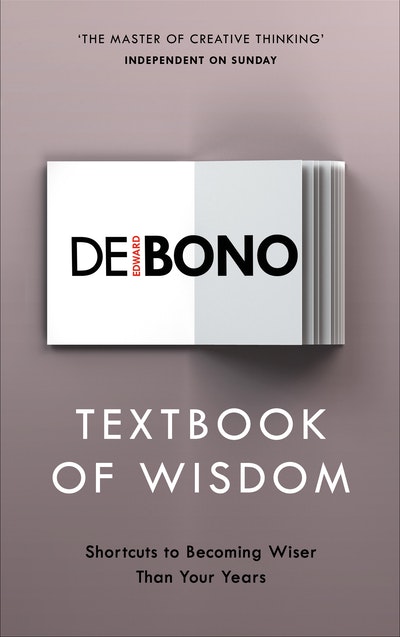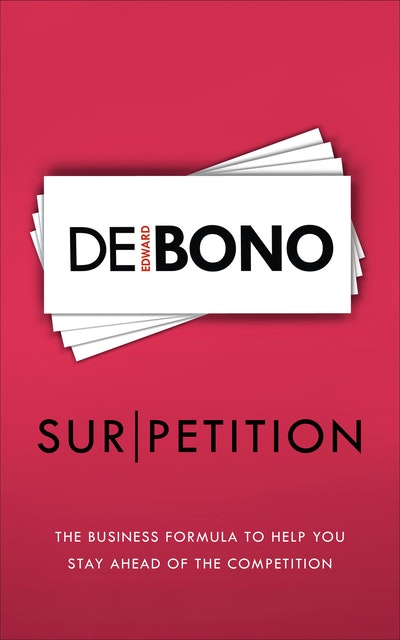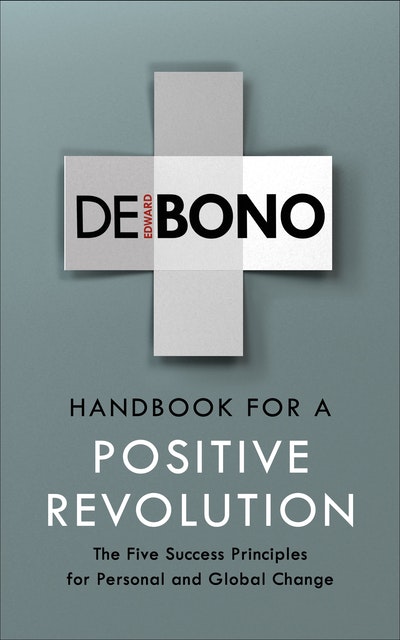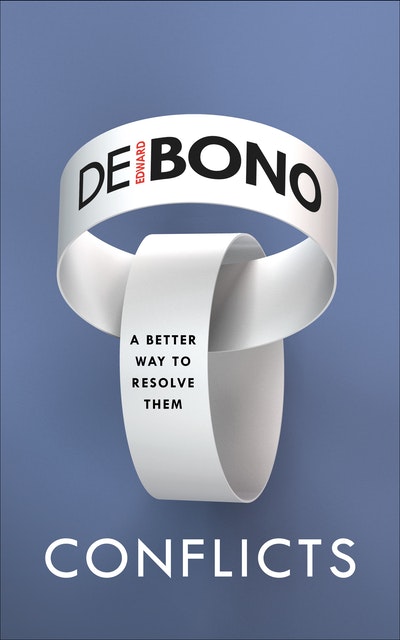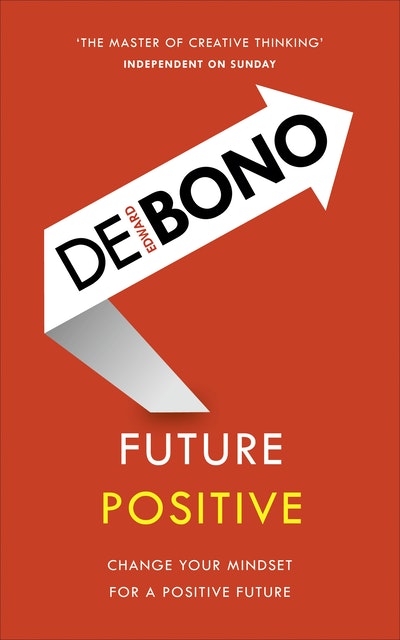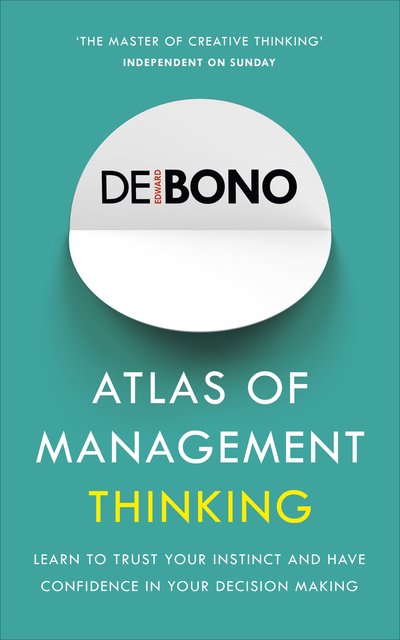Date: 2003-04-02
Edward de Bono studied at Christ Church, Oxford (as a Rhodes Scholar). He also holds a PhD from Cambridge and an MD from the University of Malta. He has held appointments at the universities of Oxford, London, Cambridge and Harvard.
In 1967 de Bono invented the now commonly used term 'lateral thinking' and, for many thousands, indeed millions, of people worldwide, his name has since become a symbol of creativity and new thinking. He has written numerous books, which have been translated into 34 languages, and his advice is sought by Nobel laureates and world leaders alike.
www.debono.com
Edward de Bono has had faculty appointments at the universities of Oxford, London, Cambridge and Harvard. He is widely regarded as the leading authority in the direct teaching of thinking as a skill. He originated the concept of lateral thinking and developed formal techniques for deliberate creative thinking. He has written sixty-two books, which have been translated into thirty-seven languages, has made two television series and there are over 4,000,000 references to his work on the Internet. Dr de Bono has been invited to lecture in fifty-two countries and to address major international conferences. In 1989 he was asked to chair a special meeting of Nobel Prize laureates. His instruction in thinking has been sought by some of the leading business corporations in the world such as IBM, DuPont, Shell, Ericsson, McKinsey, Ciba-Geigy, Ford and many others. He has had a planet named after him by the International Astronomic Union and was named by a group of university professors in South Africa as one of the 250 people in all history who have contributed most to humanity. Dr de Bono runs the most widely used programme for the direct teaching of thinking is schools. This is now in use in many countries around the world. Dr de Bono's key contribution has been his understanding of the brain as a self-organizing system. From this solid base he set out to design practical tools for thinking. His work is in use equally in the boardrooms of some of the world's largest corporations and with four-year-olds in school. His design of the Six Hats method provides, for the first time, Western thinking with a constructive idiom instead of adversarial argument. His work is in use in elite gifted schools, rural schools in South Africa and Khmer villages in Cambodia. The appeal of Dr de Bono's work is its simplicity and practicality. For more information about Dr de Bono's public seminars, private seminars, certified training programmes, thinking programmes for schools, CD Rom, books and tapes, please contact: Diane McQuaig, The McQuaig Group, 132 Rochester Avenue, Toronto M4N 1P1, Ontario, Canada. Tel: (416) 488 0008. Fax: (416) 488 4544.
